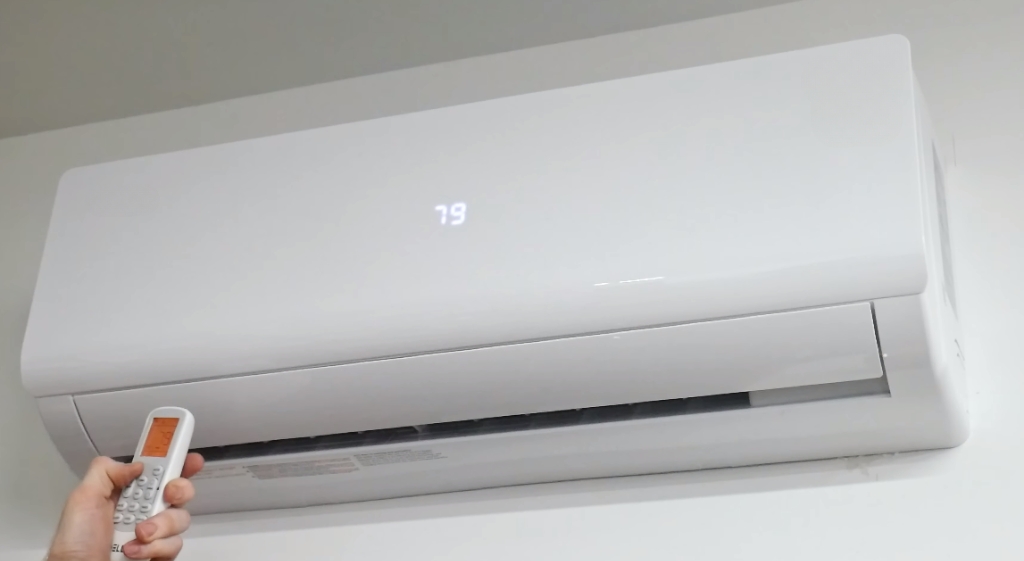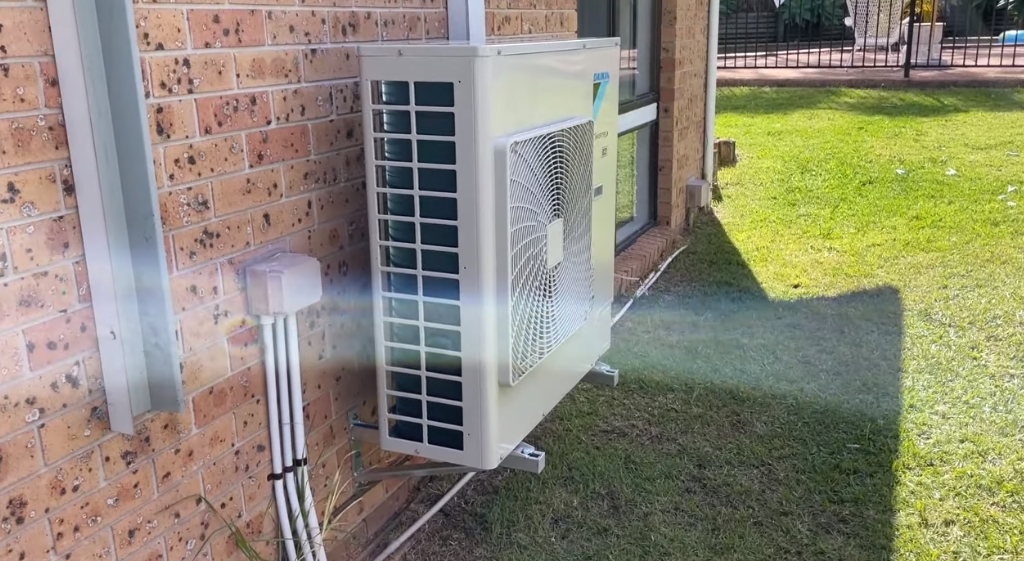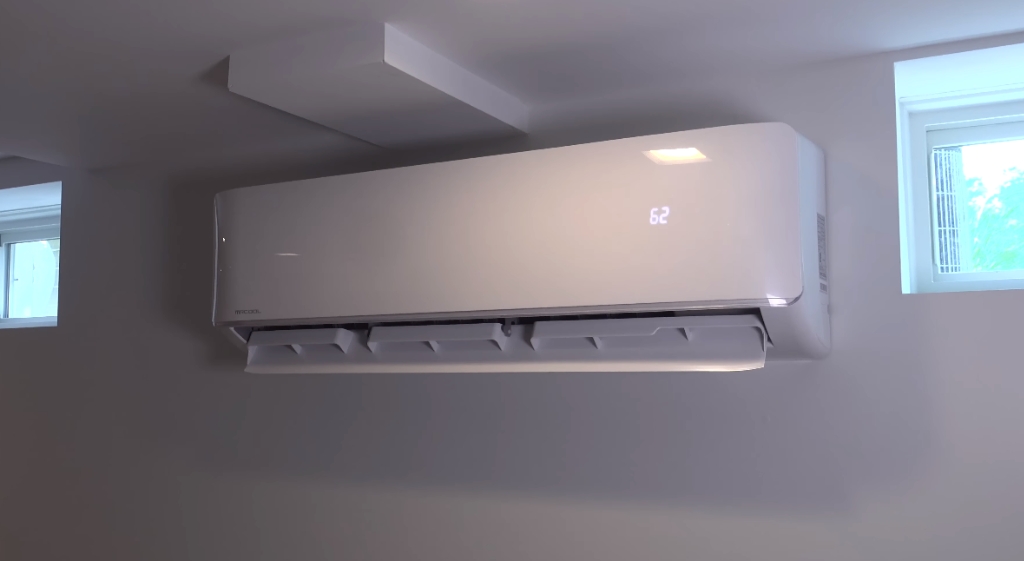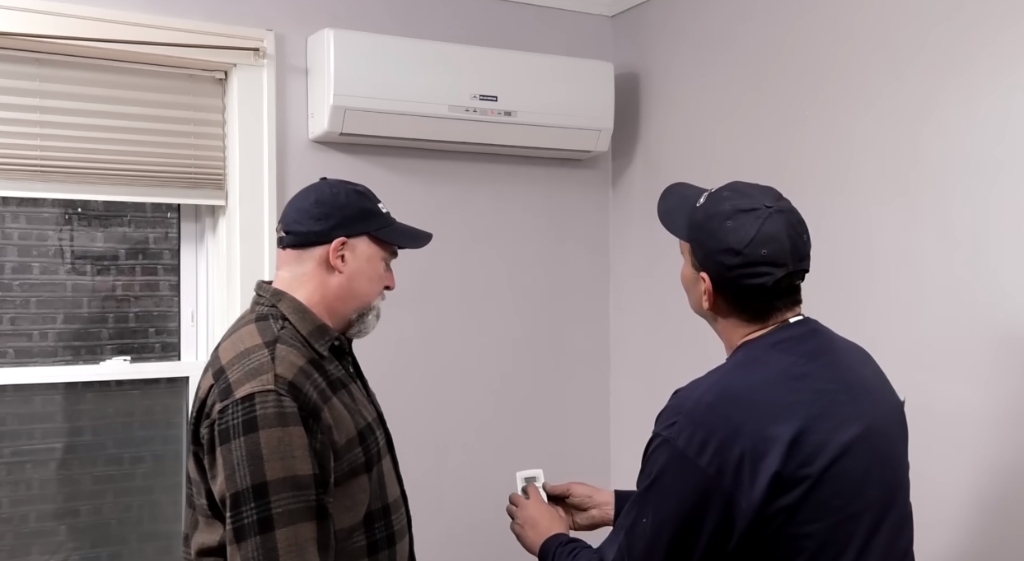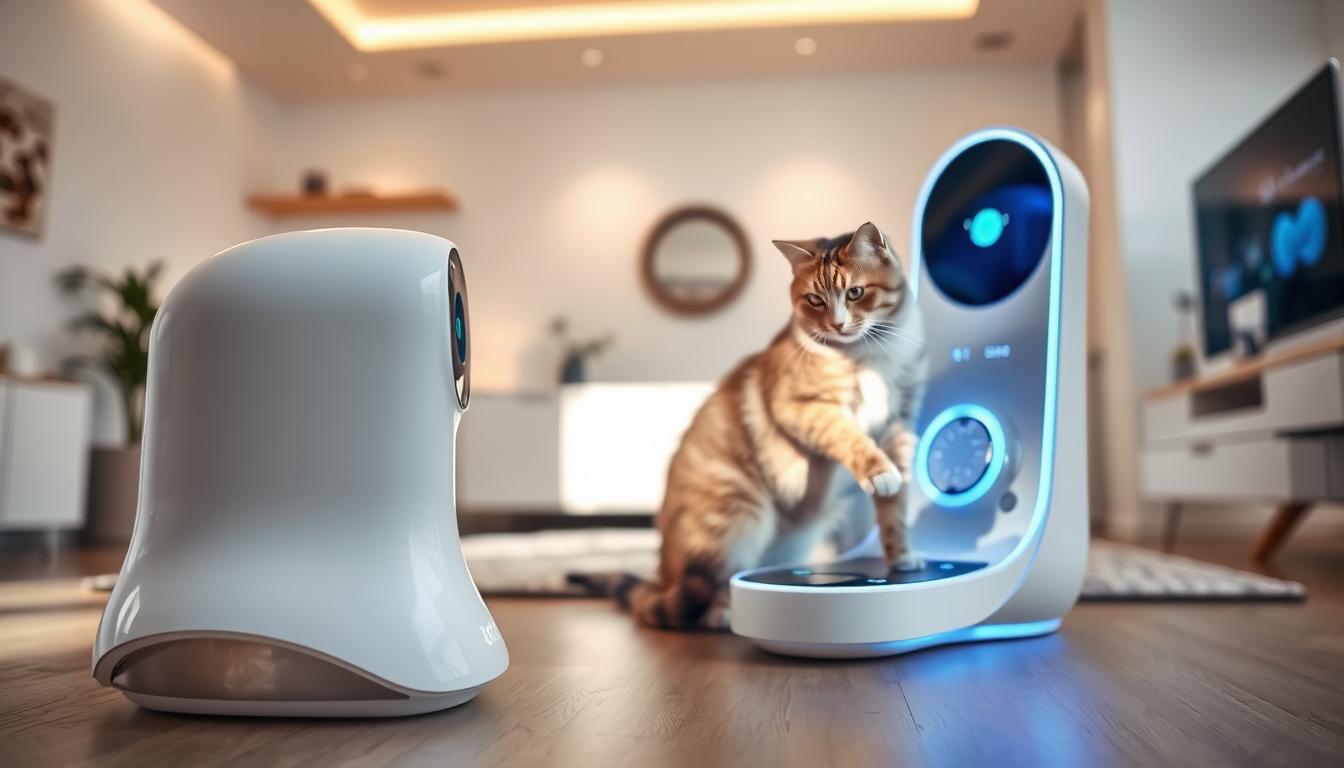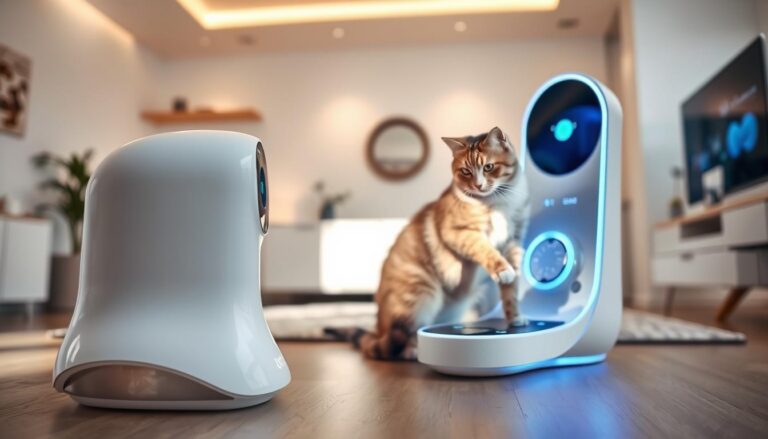Air conditioners are indispensable in many homes and offices, especially during the hot summer months. However, their energy consumption is often a point of concern for environmentally conscious individuals and those looking to reduce their electricity bills. This blog post explores the power efficiency of air conditioners, focusing on how many watts they use and ways to optimize their efficiency.
Wattage Explained
The wattage of an air conditioner reflects its power consumption. This figure is crucial for understanding the energy efficiency and operating cost of your AC unit. Most residential air conditioners range from 500 to 1500 watts, but the actual consumption depends on several factors, including the type, size, and model of the unit.
Types of Air Conditioners and Their Consumption
Window and portable air conditioners typically consume between 500 to 1500 watts. In contrast, central air conditioning systems, which are designed to cool entire homes, can consume significantly more. The wattage of these systems varies based on the total square footage they are cooling.
Factors Influencing Consumption
Several factors affect an air conditioner’s power consumption. These include the unit’s size, efficiency rating (EER or SEER), age, maintenance status, and ambient temperature. Understanding these factors can help you choose and operate your AC unit more efficiently.
Maximizing Energy Efficiency
Choosing the right air conditioner is the first step in ensuring energy efficiency. It’s essential to select a unit with the appropriate capacity for the space you want to cool. An oversized unit will consume more power than necessary, while an undersized unit will have to work harder, using more energy to achieve the desired temperature.
Importance of Efficiency Ratings
Efficiency ratings, such as EER (Energy Efficiency Ratio) and SEER (Seasonal Energy Efficiency Ratio), are key indicators of how well an air conditioner uses electricity. Higher ratings signify more efficient units that consume less power for the same cooling effect, leading to lower electricity bills and reduced environmental impact.
As you explore ways to optimize your home’s cooling efficiency, consider the diverse options among air conditioning units to make informed decisions about power consumption and overall performance.
Regular Maintenance and Usage Habits
Regular maintenance, such as cleaning or replacing filters and ensuring the system is free from obstructions, can significantly improve efficiency. Additionally, smart usage habits, like adjusting the thermostat to a slightly higher temperature and using fans to circulate air, can reduce the overall power consumption of your air conditioner.
Analyzing Cost Implications
To estimate the energy consumption of your air conditioner, you can use the formula: Wattage x Hours of Operation = Watt-hours (Wh). For example, a 1000-watt unit running for 8 hours will consume 8000 Wh or 8 kWh. Knowing this helps in understanding the impact of air conditioning on your electricity bill.
Impact on Electricity Bills
The cost implications of using an air conditioner are directly linked to its wattage and operating hours. By understanding the unit’s power consumption and your local electricity rates, you can estimate how much your AC contributes to your monthly electricity bill.
Long-Term Cost Savings with Efficient Models
Investing in a more energy-efficient air conditioner might have a higher upfront cost but can lead to significant savings in the long term. Efficient models consume less power for the same cooling effect, thereby reducing your electricity bills over the lifespan of the unit.
Technological Innovations and Future Trends
The air conditioning industry is continually evolving, with new technologies aimed at improving energy efficiency. Innovations like inverter technology, which allows the compressor to adjust its speed dynamically, and smart thermostats, which optimize cooling based on your habits, are making air conditioners more efficient than ever before.
Future of Air Conditioning Efficiency
The future of air conditioning promises even greater efficiency through advancements in materials, design, and smart technology integration. These developments not only aim to reduce energy consumption but also to minimize the environmental impact of cooling systems.
Practical Tips for Reducing Air Conditioner Power Usage
Optimal Thermostat Settings
One of the simplest ways to reduce power consumption is by setting your thermostat to an optimal temperature. The U.S. Department of Energy recommends setting your thermostat to 78°F (26°C) when you’re at home and higher when you’re away. Every degree of extra cooling can significantly increase energy consumption.
As you consider the energy-efficient aspects of appliances, including understanding the power consumption of air conditioners, take a moment to shed light on the nuances between 168 and 194 bulbs, paving the way for clarity and style in your home.
Effective Insulation and Sealing
Improving insulation and sealing leaks in your home can reduce the workload on your air conditioner. Well-insulated walls and windows keep the cool air in and the hot air out, meaning your unit doesn’t have to work as hard to maintain the desired temperature.
Utilizing Fans and Natural Ventilation
Using fans to circulate air and opening windows during cooler parts of the day can help reduce reliance on air conditioners. Ceiling fans or standing fans can make a room feel cooler even with a higher thermostat setting.
What to Expect in the Future
The future of air conditioning technology looks promising, with ongoing research into more efficient systems, alternative cooling methods, and sustainable energy sources. Innovations such as solar-powered air conditioners and geothermal cooling systems are already making headways.
Global Trends and Regulations
Globally, there is a push towards more stringent regulations and standards for air conditioning efficiency. This includes phasing out harmful refrigerants and incentivizing the adoption of energy-efficient models. These global efforts play a crucial role in shaping the future of cooling technology.
The Importance of Consumer Awareness
Consumer awareness is critical in driving demand for more efficient and environmentally friendly air conditioners. Educated consumers can make informed decisions about their cooling needs, balancing comfort with sustainability and cost.
Using Smart Technology for Efficient Cooling
Smart thermostats represent a significant leap forward in air conditioning efficiency. These devices learn your preferences and adjust the cooling automatically, ensuring optimal comfort while minimizing energy consumption. They can also be controlled remotely, allowing for adjustments even when you’re not at home.
Benefits of Connected Systems
Connected cooling systems provide real-time data on energy usage, enabling users to make informed decisions about their air conditioning habits. These systems can alert users about the need for maintenance or filter changes, ensuring the unit operates at peak efficiency.
The Future of IoT in Air Conditioning
The Internet of Things (IoT) is set to revolutionize air conditioning by connecting units to other smart home devices. This interconnectivity can lead to more intuitive cooling solutions, where air conditioners work in tandem with other environmental controls for optimal efficiency.
As you ponder the intricacies of power efficiency in air conditioning, discover the 10 most captivating and crucial facts about these cooling systems to deepen your understanding and appreciation for their impact on energy consumption.
Final Words
Knowing about the wattage and efficiency of air conditioners is key to choosing and using these devices wisely. By selecting the right unit, maintaining it properly, and being mindful of your usage habits, you can enjoy a cool environment without excessively burdening your wallet or the planet. As technology advances, we can expect even more efficient and environmentally friendly air conditioning solutions in the future.

